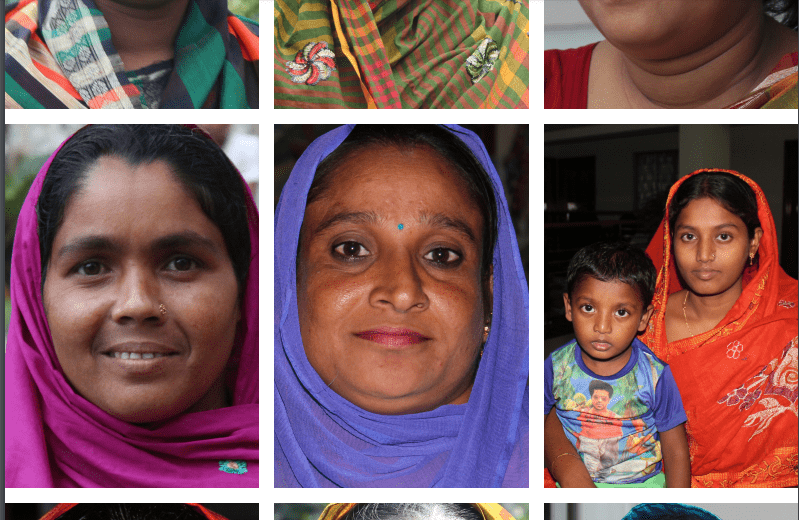Disaster management in Bangladesh; What women need
Access to information, before, during and after disaster is vital for communities
in safeguarding lives and livelihoods. Many communities are equipped with this
information through formal Union Disaster Management Committee structures,
but many households miss out due to a range of factors, including geographic
isolation.
Women’s lack of mobility in public spaces and hence, social isolation, can result
in women not receiving early warnings (either not at all, or not in time). Their lack
of decision-making power around what to do with this information, or in times of
disaster, exacerbates women’s greater vulnerability to climate change and disasters,
compared to men.
Although access to traditional media channels (print, broadcast) is limited in these
areas, many women expressed the need for more informative and participatory
programming on disaster preparedness. Clear, consistent messaging through
mainstream media channels can decrease the spread of misinformation, and increase
access to information to marginalised groups (for example through subtitled
programming for the hearing impaired).
Folk media should also be recognised as an important resource, especially for the
39 percent of Bangladeshis that remain illiterate. Folk art, discourses by respected
religious leaders, or Baul singers, can all carry relevant messages on awareness,
historical and traditional identity, and moral value systems in disaster.


